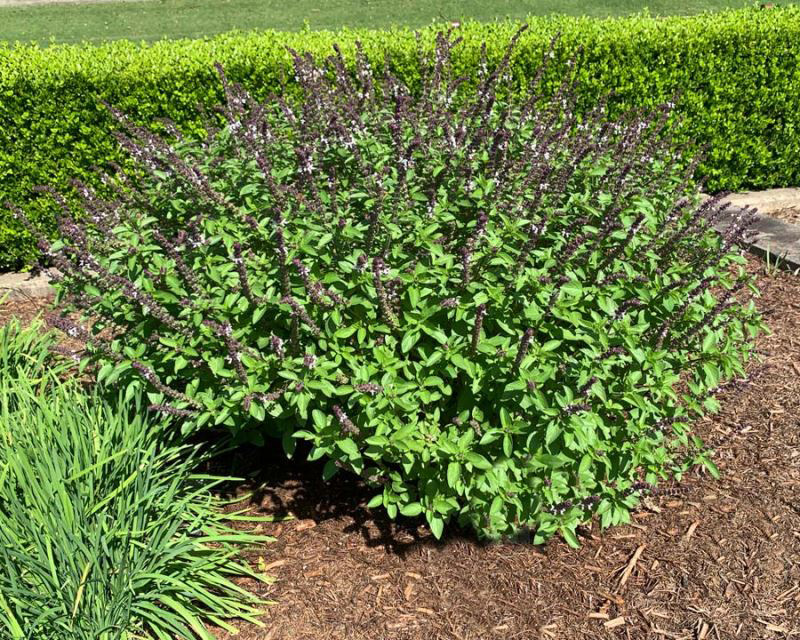Mosquito Protection Projects

Mosquito traps
There are only a very few mosquito traps that really work. This is one of them, the Predator Dynamic is a cordless mosquito killer designed for those who want to significantly reduce mosquito populations and address major mosquito issues. Based on proven technology, Predator Dynamic has been further developed by a Swedish team for maximum efficiency, offering a reliable and effective mosquito trap solution. By test it shows a reduction of 75% of mosquitoes within a week.
Key Features:
- Swedish technology, development, research, and design
- Cordless operation for convenient placement
- Tilt protection - the machine automatically shuts down if it overturns
- 360-degree mosquito capture capability
- Adjustable height with three stand levels for targeting mosquitoes or midges
- Effectively reduces the local mosquito population over an area up to 5000m2
- Noticeable differences in as little as one week and drastic reductions within 4-6 weeks
Read More

PhotonMatrix
The Photonmatrix is a portable mosquito‑air defense device that uses lidar and laser technology to detect and eliminate flying mosquitoes mid‑air. We will test this in the near future with the hope it will do what it is promoted to do.
It works by emitting laser light pulses to gauge a mosquito’s position, speed, orientation and size in just a few milliseconds. Once identified, a second, accurately directed laser is used to instantly zap and kill the insect—without chemicals and without affecting people or pets, thanks to built‑in radar safety monitoring.
The device offers two models: a Basic Edition with a roughly 3 m detection and targeting range, and a Pro Version extending out to about 6 m; both can eliminate up to 30 mosquitoes per second. It’s waterproof (IP68 rated) and operable indoors or outdoors via wall power or an optional rechargeable battery pack.
Read More

Mosquito nets
We have 10 XXXL mosquito nets. They are 4 x 3 meters and 2.2 meters heigh.
They are for the 4 sleeping quarters in our main building, 2 in the older houses, 1 inside the temple,
2 together for a sitting place in the garden and 1 for the temple space in the jungle where we give the smoke bath.
This will give you a relaxed sleep and ceremony.
We will also make our toilet and showerroom mosquito proof
Read More

Smoke
Smoke from the Etsemanga and Mopeto are very effective at removing and protecting an area that needs to be mosquito free
Anti-Mosquito Herbs
- Camphor Basil (Ocimum kilimandscharicum): One of the most effective plants that scares off mosquitoes and black flies when burning their dried leaves. In a research paper (Longitudinal evaluation of Ocimum and other plants effects on the feeding behavioral response of mosquitoes - 22 october 2008 by Eliningaya Kweka and Franklin Mosha among other) it was found that burning Camphor Basil was more effective than DEET. But just having the plants around our buildings will reduce the number of mosquitoes by 60% research have shown.
- Cymbopogon Nardus (Citronella Grass): The most effective passive mosquito-repelling plant. Constantly releases citronella compounds into the air without crushing. We will grow this grass around our buildings as it provides excellent natural mosquito deterrence.
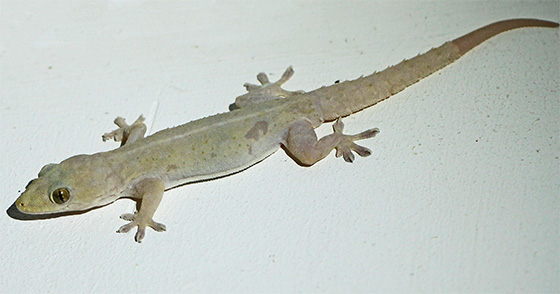
Geckos
Geckos, with their nocturnal nature and agile hunting skills, effectively reduce mosquito populations by preying on adult mosquitoes.
Their keen eyesight and quick movements allow them to catch mosquitoes in mid-air, making them efficient natural predators in their habitats.
This predatory behavior contributes to maintaining a balance in the ecosystem by keeping mosquito populations in check, thereby aiding in the control of mosquito-borne diseases.
Because our main house has white brick walls, these are ideal as a hunting ground for Geckos.

Vectobac WG
Bacillus thuringiensis israelensis (Bti) is a naturally occurring soil bacterium used as a biological larvicide to control mosquito larvae. Culinex Vectobac WG has these bacterium that we will be using. It produces protein crystals that, when ingested by mosquito larvae, release toxins that disrupt their digestive system, leading to rapid death within hours. Bti is highly specific, targeting only certain dipterans like mosquitoes, black flies, and fungus gnats, with minimal impact on non-target organisms such as humans, pets, birds, fish, and beneficial insects. It is considered safe for use in residential, agricultural, and organic farming settings and has shown no significant resistance in mosquito populations despite decades of use.
Also Heleidomermis magnapapula and Steinernema (or Heterorhabditis) are potential biological weapons against our furu's (Culicoides grahamii)
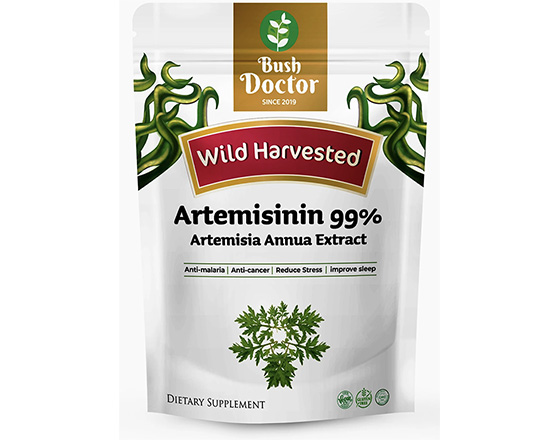
Malaria Chemoprophylaxis
When traveling to Gabon, it is a good idea to take chemoprophylaxis (anti-malaria) medication daily. In this region, the risk of contracting malaria is very high. Stay protected and make use of all the precautions you find here.
- Malarone (The best - Atovaquone / proguanil)
- Primaquine (second best choice)
- Doxycycline (Third choice)
- Mefloquine (not good for a iboga ceremony)
- Chloroquine (not effective)
The other option is SBET (Standby Emergency Treatment). Basically monitor yourself closely for symptoms and have blood tests ready if you are in doublt or have symptoms (From Binax now for example) and have the anti-malaria meds ready. The best meds for this approach is Artemether-Lumefantrine (Coartem) an Artemisinin based approach. Better not take artimisinin as a chemoprophylaxis as it might cause artemisinin resistance in malaria (K13 gene mutation). Now SBET approach is better for an iboga ceremony, simply because it has less strain on the liver. By estimation, the risk is less than 10% for contacting malaria in Gabon with these protections and if you do contact it, these meds are very effective.
Read More

Skin protection
Only DEET seems to work against the small Furu's we have. Also impregnated cloths work and long thin socks. Now keep in mind that it is very warm and humid in our village, so sweating makes the DEET last shorter.
Also the use of Hydrocortisone topical cream (like cortizone-10) help reduce the itchyness and reaction to mosquito bites.

Anti-mosquito clothing
Permethrin is a synthetic chemical that acts as an insecticide and is widely used in mosquito control. It's applied to clothing, bed nets, and outdoor gear to repel and kill mosquitoes and other pests. Permethrin-treated fabrics are effective in reducing mosquito bites and are particularly useful in areas with high risks of mosquito-borne diseases.
Also wear thin but long socks, they will prevent furu's (biting midges) from biting there.

Vaccination
Vaccines available
- Malaria Vaccine (Mosquirix): Approved for children in sub-Saharan Africa. Works against malaria tropicana (Plasmodium Falciparum). Test ongoing for adults, but most likely a new mRNA vaccin will be made and made available in 2029
- Yellow Fever Vaccine: Effective against yellow fever, prevalent in parts of Africa and South America.
- Japanese Encephalitis Vaccine: Protects against Japanese encephalitis, found in Asia and the western Pacific.
- Dengue Vaccine (Dengvaxia): Available for individuals in dengue-endemic areas with prior dengue infection.
Vaccines in Development or Testing
- Zika Vaccine: Several candidates are in development and clinical trials.
- Chikungunya Vaccine: Multiple candidates are in clinical trials with promising results.
Diseases Without Vaccines or Cures
- West Nile Virus: No vaccine or antiviral treatment; focus on mosquito control and personal protection.
- Chikungunya: No licensed vaccine available, but research is ongoing.
- Zika Virus: No licensed vaccine available despite ongoing development efforts.

Education
Studying and reading about mosquitoes and malaria is an essential preventive measure. Here are key reasons why knowledge is beneficial:
- Awareness of Peak Activity Times: Mosquitoes that transmit malaria are most active during dusk and dawn. Knowing this helps avoid outdoor activities during these high-risk times or take extra precautions.
- Appropriate Clothing Choices: Wearing long sleeves, long pants, and light-colored clothing can significantly reduce the risk of bites, as mosquitoes are more attracted to dark colors.
- Effective Use of Repellents and Insecticides: Understanding which repellents and insecticides, such as DEET or permethrin-treated clothing, are most effective allows for better personal protection strategies.
- Understanding Malaria Symptoms and Treatment: Educating oneself about the symptoms of malaria and the importance of prompt treatment can lead to quicker diagnosis and treatment, which can be lifesaving.

Pond with Tilapia
Having a pond near the house will actually reduce the mosquito populations for several reasons:
1. Fewer Breeding Sites: Without a pond, mosquitoes breed in uncontrolled water sources, especially the river nearby. A pond with predators reduces this behavior.
2. Hunter fish and frogs: The fish and frogs will hunt the mosquitoes and their larvae, preventing them from maturing into adults. See below the 2 fish and frog species.
3. Attracting Bats: Bats are drawn to ponds and consume up to 1000 adult mosquitoes per night.
WHO recommendations and: "Ecological traps for mosquitoes: The impact of oviposition site selection on vector control" (Resnick et al., 2018). BTI (Bacillus thuringiensis israelensis) may be a good method for small watertraps in the future, but for now fish, dragonflies and frogs will do the job.
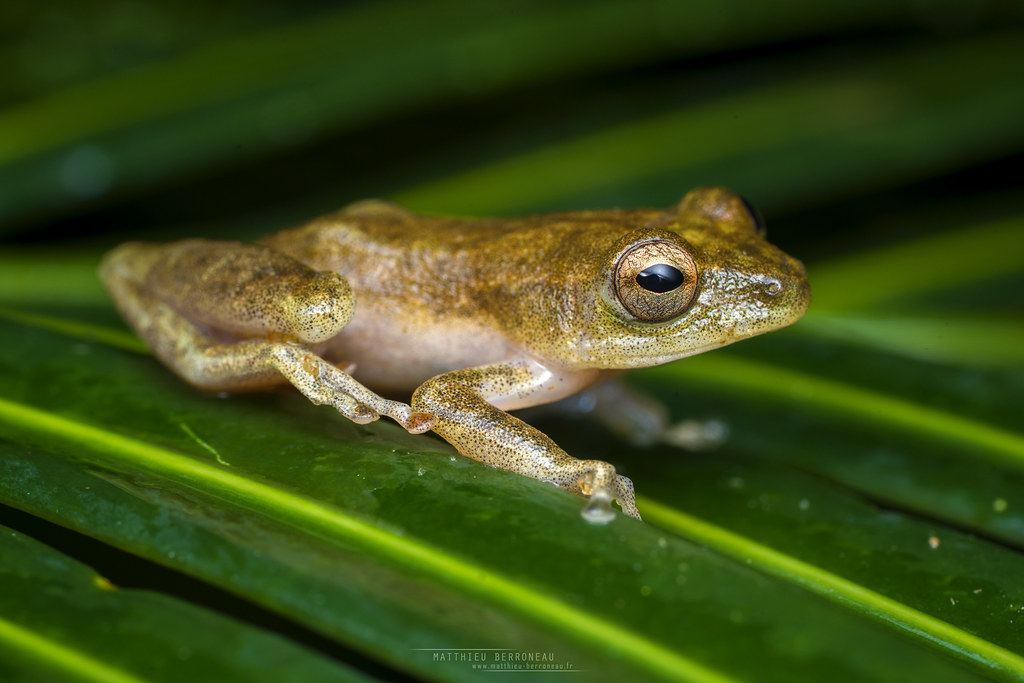 Reed frog
Reed frog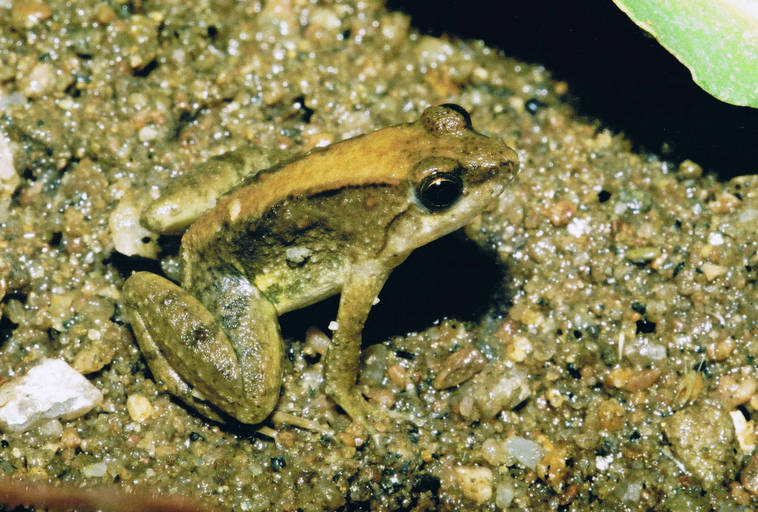 Puddle frog
Puddle frog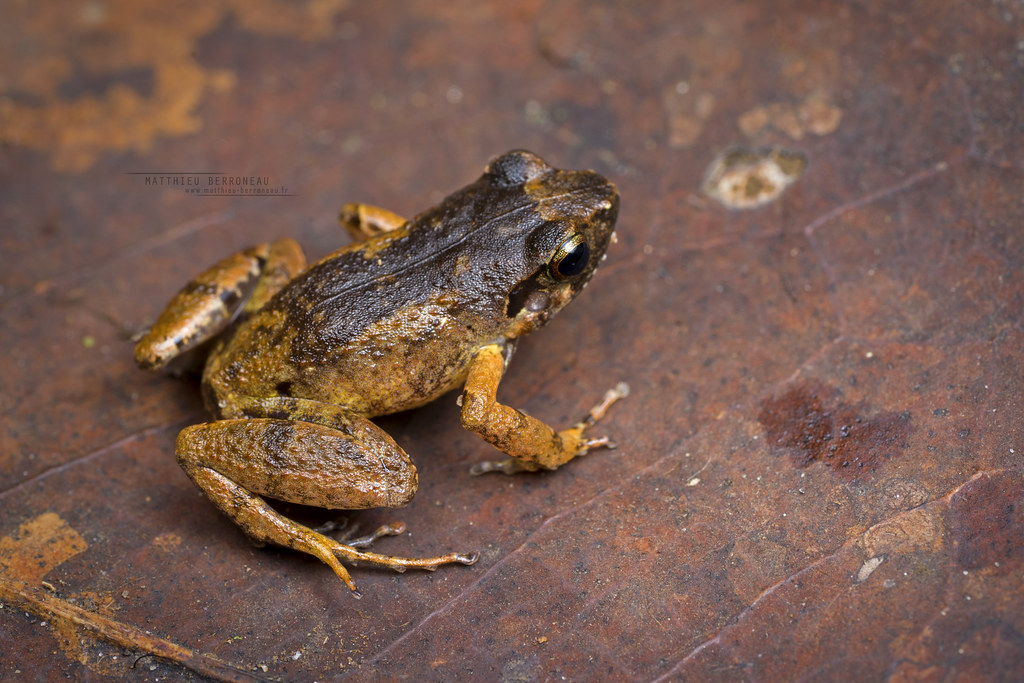 Squeaker frog
Squeaker frog
Frogs
Frogs play a significant role in maintaining the balance of ecosystems, and one of their notable contributions is their ability to control mosquito populations. As natural predators, frogs feed on a wide range of insects, including mosquitoes, both in their larval and adult stages. The larval stage of mosquitoes, known as mosquito larvae, thrive in stagnant water bodies, which are also the preferred breeding grounds for many frog species. This proximity allows frog tadpoles and adult frogs to consume large quantities of mosquito larvae, effectively reducing the number of mosquitoes that reach maturity.
Moreover, adult frogs, with their wide mouths and quick tongues, are adept at catching flying insects, including adult mosquitoes. This hunting behavior further diminishes the mosquito population in an area. The presence of a healthy frog population in a particular ecosystem can, therefore, lead to a noticeable decrease in the number of mosquitoes, contributing to the reduction of the risk of mosquito-borne diseases and improving the quality of life for the area's human inhabitants.
The most effective hunters in Gabon are the reed frogs followed by Puddle Frogs and Squeaker Frogs. here are all the species:
Hyperolius cinnamomeoventris (Cinnamon-bellied Reed Frog)
Hyperolius concolor
Hyperolius ocellatus (Ocellated Reed Frog)
Hyperolius concolor (Variable Reed Frog)
Arthroleptis tuberosus
Arthroleptis poecilonotus
Arthroleptis variabilis
Phrynobatrachus auritus (Golden Puddle Frog)
Phrynobatrachus ogoensis (Ogowe River Frog)
Phrynobatrachus africanus (African Swamp Frog)
Phrynobatrachus cornutus
Phrynobatrachus batesii
Phrynobatrachus hylaios (Foulassi River Frog)
and the Phrynobatrachus horsti.
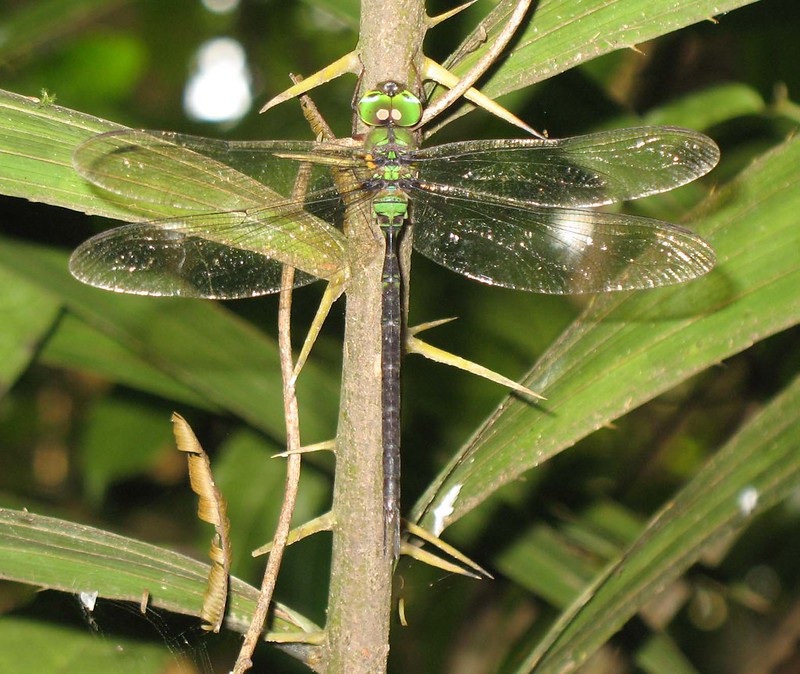
Dragonflies
The Heliaeschna fuliginosa dragonfly is one of the best mosquito hunters in Gabon next to bats. We will try to get many of them.
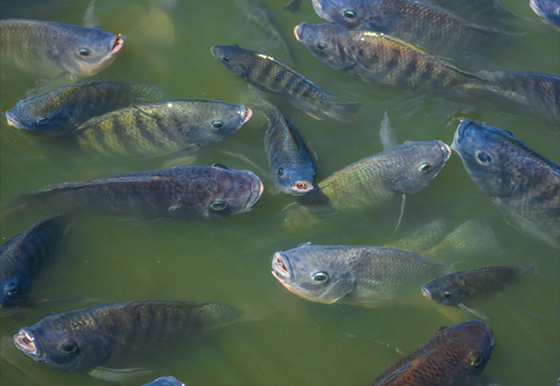 Tilapia
Tilapia Dageti Killifish
Dageti Killifish
Tilapia and the Dageti Killifish
Tilapia fish are freshwater species commonly used in aquaculture and are perfect for a Gabonese jungle pond. They are effective in controlling mosquito populations as they feed on mosquito larvae, reducing the number of adult mosquitoes. This natural biological control method is often used in areas prone to mosquito-borne diseases, like malaria and dengue.
But there’s one fish in Gabon that stands out as the undisputed master of mosquito larvae hunting—the incredible Epiplatys dageti, also known as the Dageti Killifish. Don’t be fooled by their small size—these sleek, surface-dwelling predators are relentless hunters. Perfectly adapted for life in shallow waters, ponds, and swampy pools, where mosquito larvae gather. With lightning-fast strikes and sharp instincts, the Dageti Killifish can wipe out entire swarms of larvae before they even have a chance to mature.
Yet, nature has thought of everything. While the Epiplatys dageti dominate the shallows, any larvae that slip away to deeper waters aren't safe either. There, the tilapia take over the hunt, ensuring no hiding place is left for the pesky mosquitoes. Together, these fish form a natural, highly effective mosquito control team—one of Gabon’s best-kept ecological secrets!

Bat Cave (Chiroptorium)
Welcome to Our Chiroptorium Project
Harnessing the Power of Bats is by far the best Natural Mosquito Control Method on the planet.
In the heart of Central Gabon, we are embarking on an exciting and environmentally friendly initiative to combat the pervasive mosquito populations that contribute to malaria and other diseases in and around central Gabon. Inspired by the groundbreaking work of Merlin Tuttle's Bat Conservation, we are planning to build a Chiroptorium ourselves, a sanctuary that will serve as a haven for bats, nature's most efficient insect and mosquito predators. The Batcave project will start in 2025.
Read More



